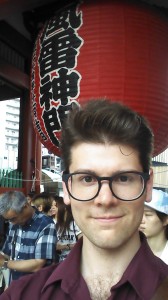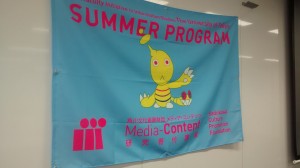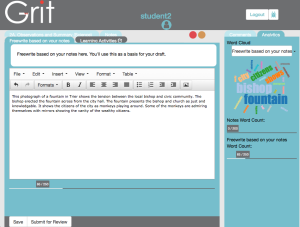The Digital Humanities is a hot new field within the Arts. Its practitioners are often at the forefront of developing new topics within ICT itself.
But what about if you are not interested in the Digital Humanities? Or are interested in them, but don’t consider yourself particularly computer literate? What are the computer skills you need to thrive in the traditional humanities or get started in DH?
This is the first in what I hope will be a series of tutorials on basic computer skills and tools for students of the Humanities. It should be of use to those just beginning their undergraduate careers, for graduate students hoping to professionalise their research and study, and for researchers and teachers who have other things to do that follow the latest trends and software.
Contents
What kind of thing can I learn from this series?
The focus of this series is going to be on basic tools. It is going to assume you know nothing other than how to turn on a computer and get on the internet. It will make some recommendations about basic software, starting with such simple things as browsers. It will also cover some basic techniques: how to use styles in word processors, how to use a citation manager or spreadsheet.
How often will they appear?
I’m going to mark this as a special cluster in my blog (using a special tag, basic computer skills). But I’ll publish them irregularly, as the mood strikes and I have the time. I’m also hoping to get some guest authors involved. Mostly students who have done presentations on these things in my classes.
What if I have an idea for a tutorial? What if I disagree with you?
If you have an idea for an article in this series, I’d love to hear from you. If you have already written something on a topic I’m covering and would like me to know about it or link to you, please let me know as well!
Articles in this series
The following are links to the other articles in this series. You can also find them using the tag basic computer skills
tags: basic computer skills, computers, dh, humanities, pedagogy, research, tutorials
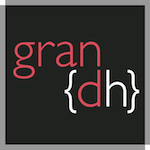
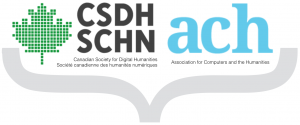 The inaugural joint conference of the Canadian DH society (CSDH/SCHN) and the ACH will take place in Ottawa from June 1-3, 2015. This will be an ideal venue for showcasing several projects from GRAND DigHum. Deadline for proposals is December 1st 2014. Full CFP below.
The inaugural joint conference of the Canadian DH society (CSDH/SCHN) and the ACH will take place in Ottawa from June 1-3, 2015. This will be an ideal venue for showcasing several projects from GRAND DigHum. Deadline for proposals is December 1st 2014. Full CFP below. 

